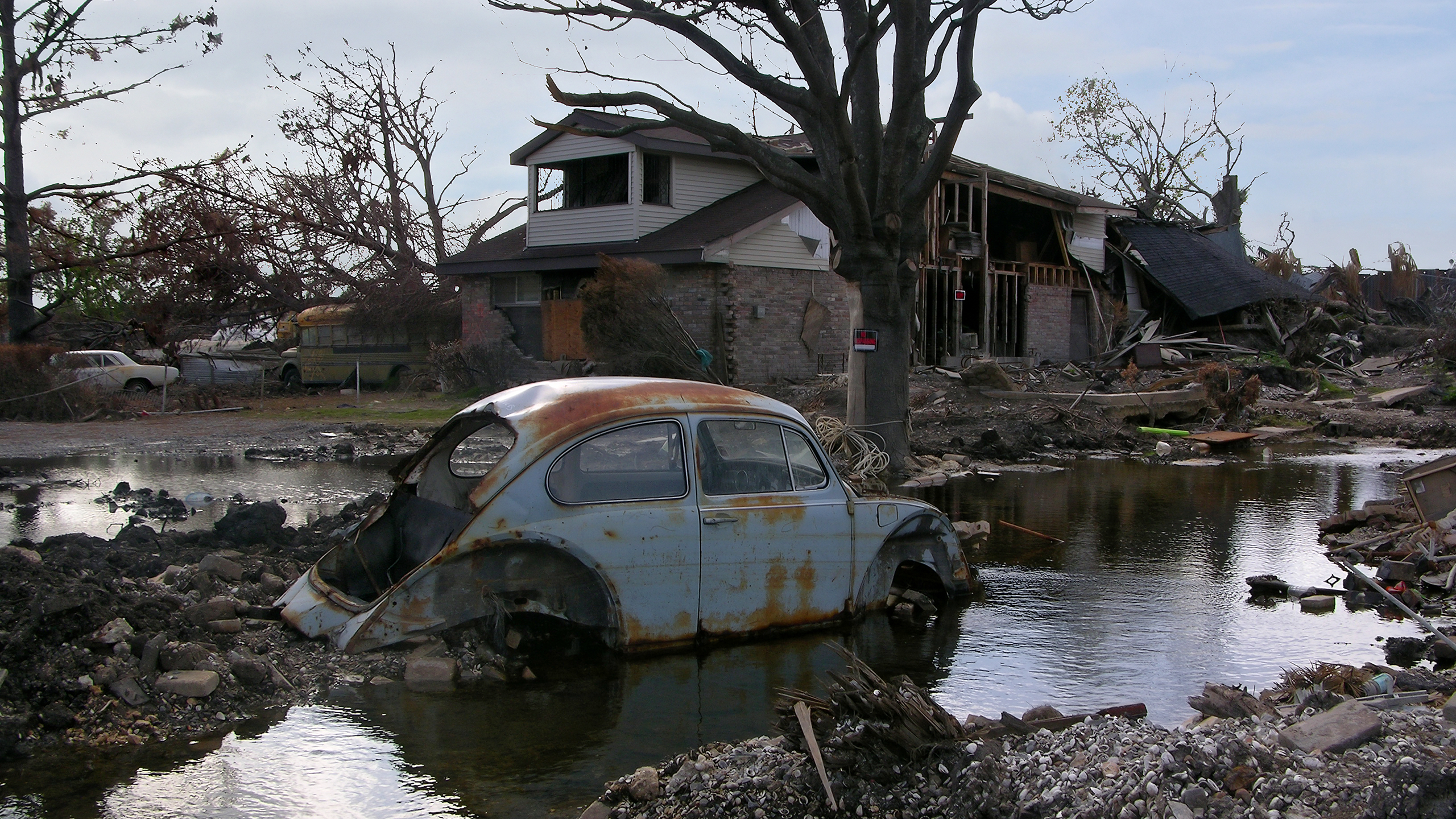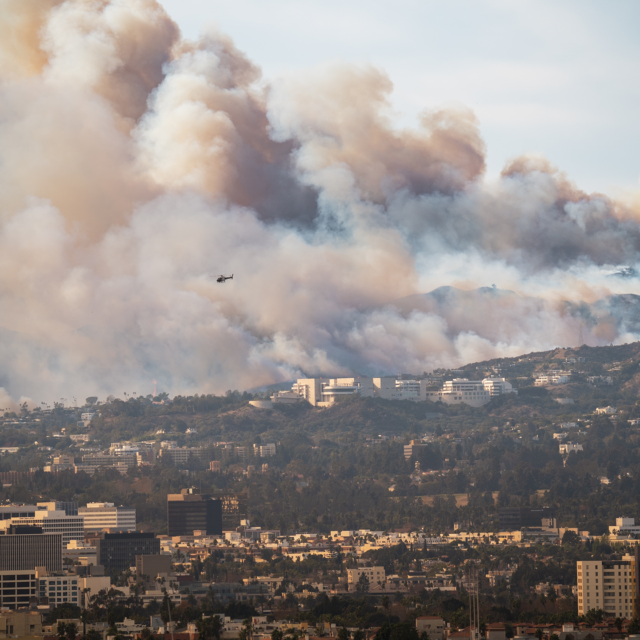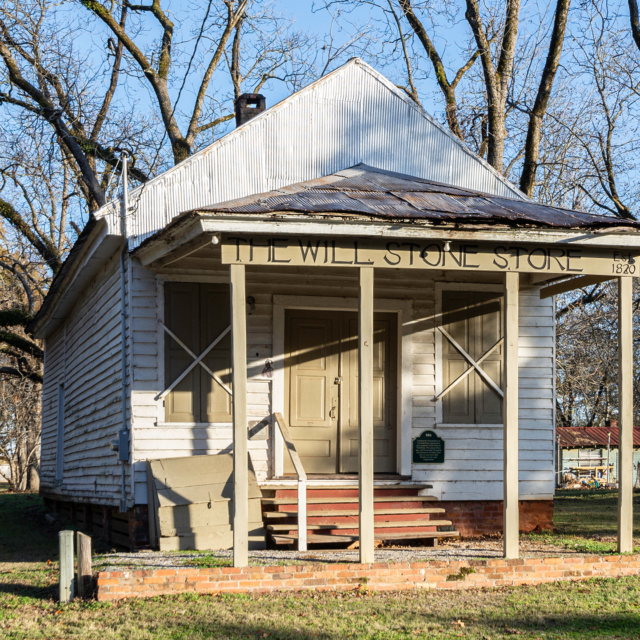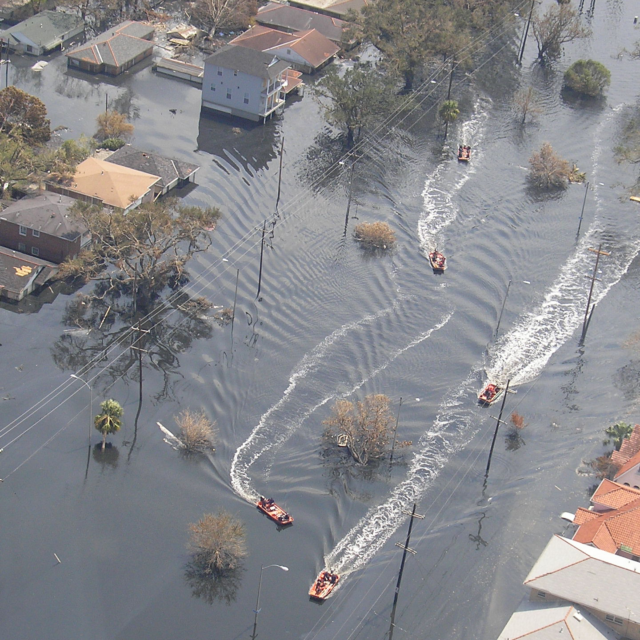Listen and subscribe to us on your favorite podcast platform
The first eight months of 2023 brought $23 billion in damages from weather-related events, a new record at this point in the year. Those events included unique flooding from atmospheric rivers in California; an extended heat dome over Arizona, Texas, Louisiana, and other parts of the US; the Category 3 Hurricane Idalia in Florida; and of course, the horrific wildfires in Maui. The human and physical toll of these disasters cannot be overstated, and recovery will be a long process.
With two months left to go in the Atlantic hurricane season, the Federal Emergency Management Agency (FEMA) is dangerously close to running out of funds. In August, FEMA Chair Deanne Criswell informed Congress that life-saving services provided by the agency could stall without an increase in their budget before the end of September. But with House Republicans struggling to come to a consensus on a key military funding bill, the US government could enter a shutdown on October 1.
If FEMA is constrained and comprehensive insurance policies become unavailable to homeowners in states like California, Louisiana, and Florida, where risk continues to increase, how will communities recover— let alone prepare for the next shock? This is a question that disaster researchers like Dr. Samantha Montano, are working to answer.
Listen in as Ten Across founder Duke Reiter and Dr. Montano discuss the changing nature of disaster response, recovery, and mitigation, as well as the outsized role New Orleans plays in determining the future of US emergency management.
Notable Quotes
“There is actually very rarely a disaster that happens that someone somewhere has not predicted in some form… And I think on one hand, that’s good, right? We know generally what our risks are, we really shouldn’t be surprised by these events that often. But on the other hand, we do seem to keep getting caught off guard by them.” — Samantha Montano
Guest Speaker

Dr. Samantha Montano is an assistant professor of emergency management at the Massachusetts Maritime Academy and the author of the monthly Disasterology blog and book Disasterology: Dispatches from the Frontlines of the Climate Crisis. She also co-founded the Disaster Researchers for Justice initiative and Center for Climate Adaptation Research.






